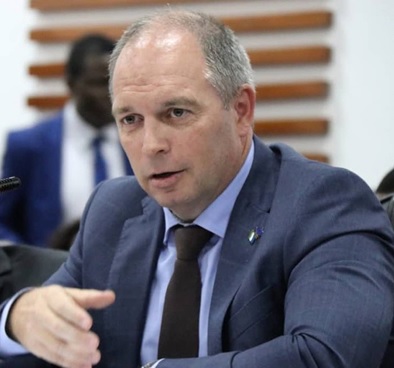The European Union is set to mobilize private investment to the tune of 1.54 billion which will in turn attract financing for some of the initial capital a project needs to get off the ground or serve back as a pledge to pay back part of a loan if a borrower incur losses.
The investment is captured around the External Investment Plan, a EU initiative launched in 2017 intended to attract more investment from businesses and private investors in Africa and EU neighborhood.
The plan uses public money to lower the risk of investing in key sectors like sustainable energy to lending to small businesses.
The EU investment plan will create jobs, support entrepreneurs and also enable economies to grow amongst others.
The plan is also expected to help tackle the reasons for the high and risky migration by youths from sub Saharan Africa to the Middle East.
The EU External Investment Plan has three key pillars as they relate to Financing, Expertise and Dialogue.
On the financing front, it will look at financing much more public and private investment in target countries ,while the technical area will be geared towards providing technical assistance to investors and business to develop so called bankable projects and also helping governments to improve the rules and regulations around investment and doing business.
The third pillar will look at dialogue and this entails improving the business environment and investment climate in partner countries through regular dialogue with governments on their policies and also involving business and civil society players.
The EU External Investment plan is by the way not a grant but its rationale is to support farmers and people doing businesses in the agriculture sector in partner countries by facilitating lending to micro-small and medium-sized businesses and generating investment in rural areas.
With the vast experience on the EU having managed a number of projects in partner countries, it intends delivering the EIPs by working with publicly owned institutions that finance and manage development projects in countries outside the EU such as national financial institutions and international development banks.
The European Union will channel risk capitals or offer guarantees as the case may be through these institutions.
The EIPs have proposed investment programs to pass on the benefits of the guarantee to end-borrowers and finance projects together with private investors and companies, local banks in partner countries and institutional investors.
